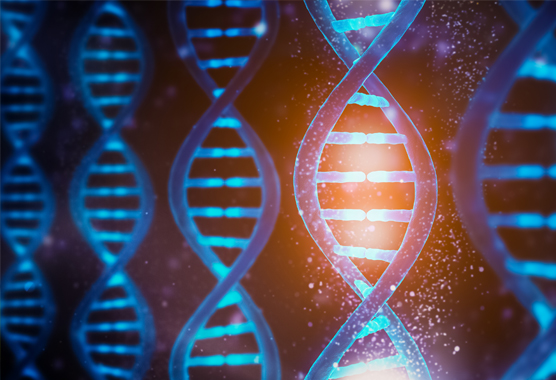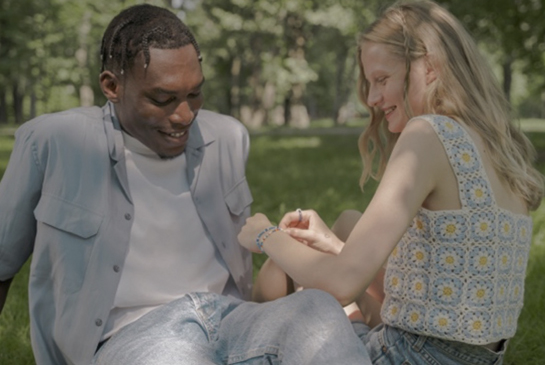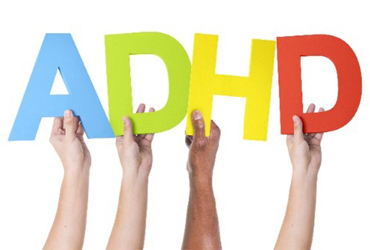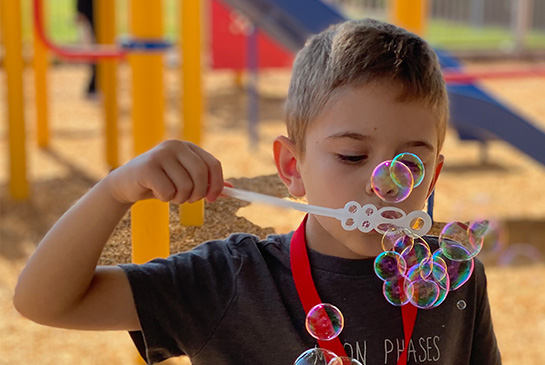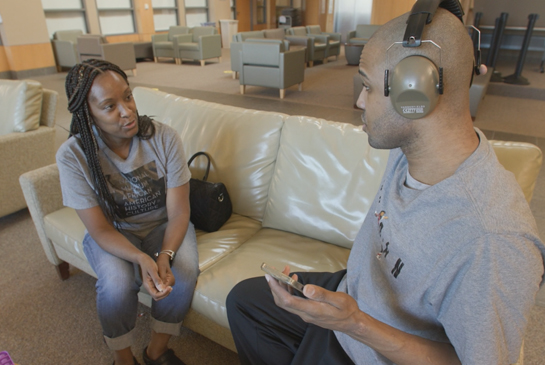Clinics and Programs
Providing comprehensive evidence-based assessments of children with possible neurodevelopmental disabilities.
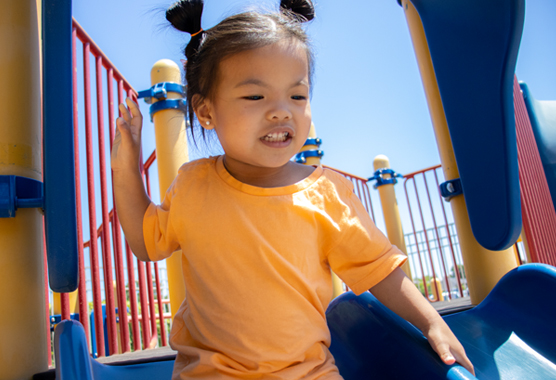
Clinics and Programs
Comprehensive Neurodevelopmental Care at the Massie Family Clinic
The Massie Family Clinic at the UC Davis MIND Institute provides comprehensive evidence-based assessments and intervention recommendations for children with possible neurodevelopmental conditions. Over the past few years, we have expanded to serve more patients and reduce wait times. Our care team includes specially trained providers such as developmental pediatricians, pediatric dietitians, feeding therapists, genetic counselors, and social workers. We have also created a safe, supportive environment for children and adults with neurodevelopmental disabilities to receive COVID and flu vaccines.
-
22q Healthy Minds Clinic
Learn moreThe 22q Healthy Minds Clinic has a team of experts that includes a developmental pediatrician and a licensed clinical psychologist. They offer clinical assessments specifically for individuals with 22q11.2 deletion (VCFS/DiGeorge) syndrome.
-
Baby Steps Clinic
Learn moreClinica Baby StepsThe Baby Steps Clinic, also known as the High Risk Infant Follow-up Clinic (HRIF), is a program at the UC Davis MIND Institute that checks how babies are developing from birth until they are 3 years old. The HRIF clinic gives extra care to babies who may have a higher chance of having delays in their development.
-
Genomic Medicine Clinic
Learn moreOur clinics provide evaluation, education, and genetic counseling for patients of all ages with suspected or confirmed genetic disorders.
-
Transition to Adulthood Clinic
Learn moreThe Transition to Adulthood Clinic helps young people with neurodevelopmental disabilities ages 16 to 26 get the care they need. The clinic works together with the MIND Institute's doctors and staff to support young people and their families during their transition to adult healthcare.
-
ADHD
Behavioral Parent Education Workshops
Learn moreThe ADHD (attention-deficit/hyperactivity disorder) behavioral parent education workshops are designed to support parents whose children ages 4-11 engage in challenging and disruptive behaviors at home. Topics include the academic rights of children with ADHD, medication options and emotional regulation strategies. Workshops are offered in the spring and fall in 10-week sessions.
-
ACCESS Program
Developing Skills for Adults with Autism
Learn moreThe ACCESS Program is designed for adults with autism. ACCESS stands for Acquiring Career, Coping, Executive Function and Social Skills. Its main purpose is to create a relaxed and comfortable environment where adults can practice and develop skills while enjoying social interactions and having fun. The program also focuses on life coping and planning skills. This empowers adults with autism to access opportunities in social settings, work or education, and the community.
-
Social Skills Program
Developing Social Skills for Children
Learn moreThe Social Skills Program helps children with autism and social communication disabilities navigate the challenges of interacting with peers. This comprehensive program includes both a group for children ages 8-17 and a separate parent group that meets at the same time. Both are led by licensed psychologists. Sessions last 10-12 weeks and the curriculum is focused on personal growth and the development of skills such as engaging in back-and-forth conversation, friendship and making plans. The program is offered on a fee-for-service basis.
-
Child Life Program
Preparing your Child for a Visit at the MIND Institute
Learn moreClinic appointments can be stressful for some children. The Child Life Program helps to minimize anxiety and discomfort by helping families prepare for and cope during visits. Child life specialists are developmental experts trained to provide evidence-based interventions such as therapeutic play, sensory-friendly tools and step-by-step visual guides to prepare for medical procedures like blood draws.
-
PATH Program
Promoting Accessibility To Healthcare
Learn moreThe PATH Program (Promoting Accessibility To Healthcare) is a Children’s Miracle Network grant funded project aimed at improving healthcare experiences for neurodiverse children and their families. PATH’s goal is to grow neuroinclusive patient-centered practices and training for providers at UC Davis Health.




